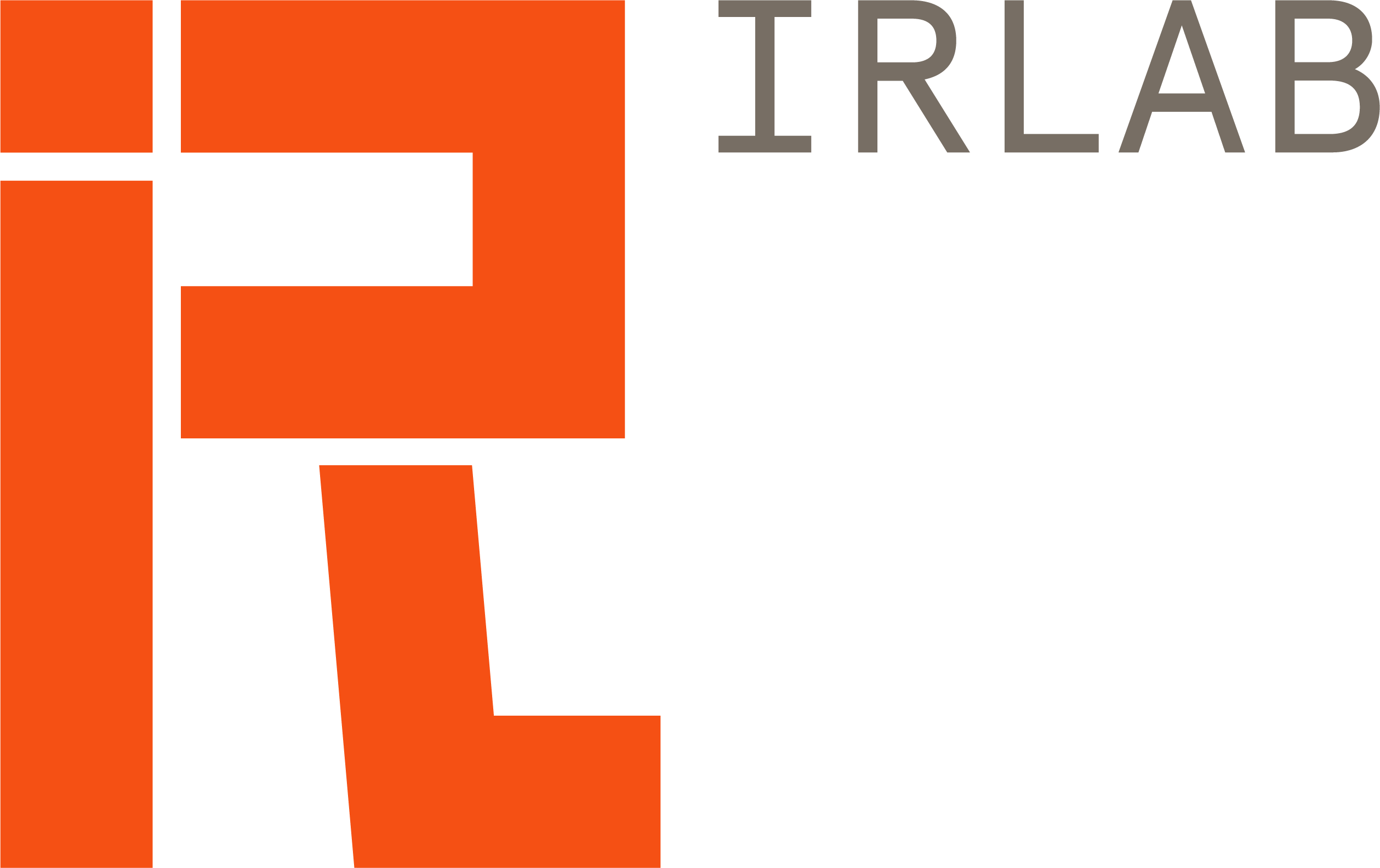Bifogade filer
Prenumeration
Beskrivning
| Land | Sverige |
|---|---|
| Lista | Small Cap Stockholm |
| Sektor | Hälsovård |
| Industri | Bioteknik |
Intresserad av bolagets nyckeltal?
Analysera bolaget i Börsdata!
Vem äger bolaget?
All ägardata du vill ha finns i Holdings!
Gothenburg, Sweden, May 13, 2025 – IRLAB Therapeutics AB (Nasdaq Stockholm: IRLAB A), a company discovering and developing novel treatments for Parkinson’s disease, today announced that the company has been granted an additional ‘composition of matter patent’ in the US covering the salt of mesdopetam intended for use in the forthcoming pharmaceutical product and the process of its manufacture. The now granted patent expands the already strong patent protection for mesdopetam, which is IRLAB's most advanced drug candidate.
"We are very pleased that the already strong patent protection for mesdopetam is being extended with a patent that protects a salt form of the active ingredient used in the clinical development of mesdopetam. The extended protection means that there is potential to extend the market exclusivity of the drug candidate all the way into the 2040s, which is incredibly positive for the value of mesdopetam," says Kristina Torfgård, CEO, IRLAB.
Mesdopetam has a significant clinical potential to address the extensive unmet medical needs associated with Parkinson's disease. The drug candidate is intended to treat people with Parkinson's who develop levodopa-induced dyskinesias (LIDs), which affect more than 30 percent of all people living with the disease. This equates to more than 1.5 million affected individuals in the eight major markets worldwide.
Mesdopetam has previously been granted a substance patent, in all major markets globally and the new patent provides added protection and extended exclusivity in most of the major markets such as the USA, Europe and Japan. The newly approved patent (US 12,275,694B2) covers the salt of mesdopetam which is used in ongoing clinical development and expires in the 2040s. In the event of a possible extension of the patent period (en. Patent Term Extension; PTE), the exclusivity could potentially extend well into the 2040s. IRLAB has recently also been granted a corresponding patent in Australia, where the exclusivity potentially extends well into the early 2040s.

